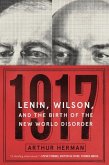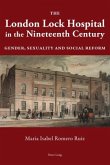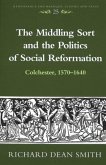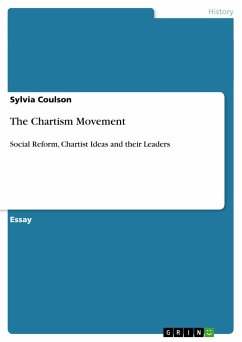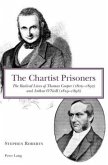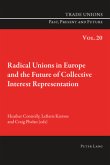In their struggle for universal suffrage, the Chartists adapted language to further their cause. Adopting the prevailing keywords of the time and reformulating them within their own cultural environment, the Chartists defined and redefined their own political identity and interpreted the situation they lived in. This book is a case study of Chartism as an example of how radical political movements present themselves in language and how they appear in networks of meaning. Chartist vocabulary and keywords are studied in their historical context and decoded according to political, social and cultural significance. Set in constitutional politics of the time, the Chartist network of keywords includes allusions to a radical past and reaches out into an imaginary future of a liberal market economy and social policy.
The three main concerns in the Chartist struggle were the individual, Britain as a nation and the influence of political movements abroad.
The three main concerns in the Chartist struggle were the individual, Britain as a nation and the influence of political movements abroad.


